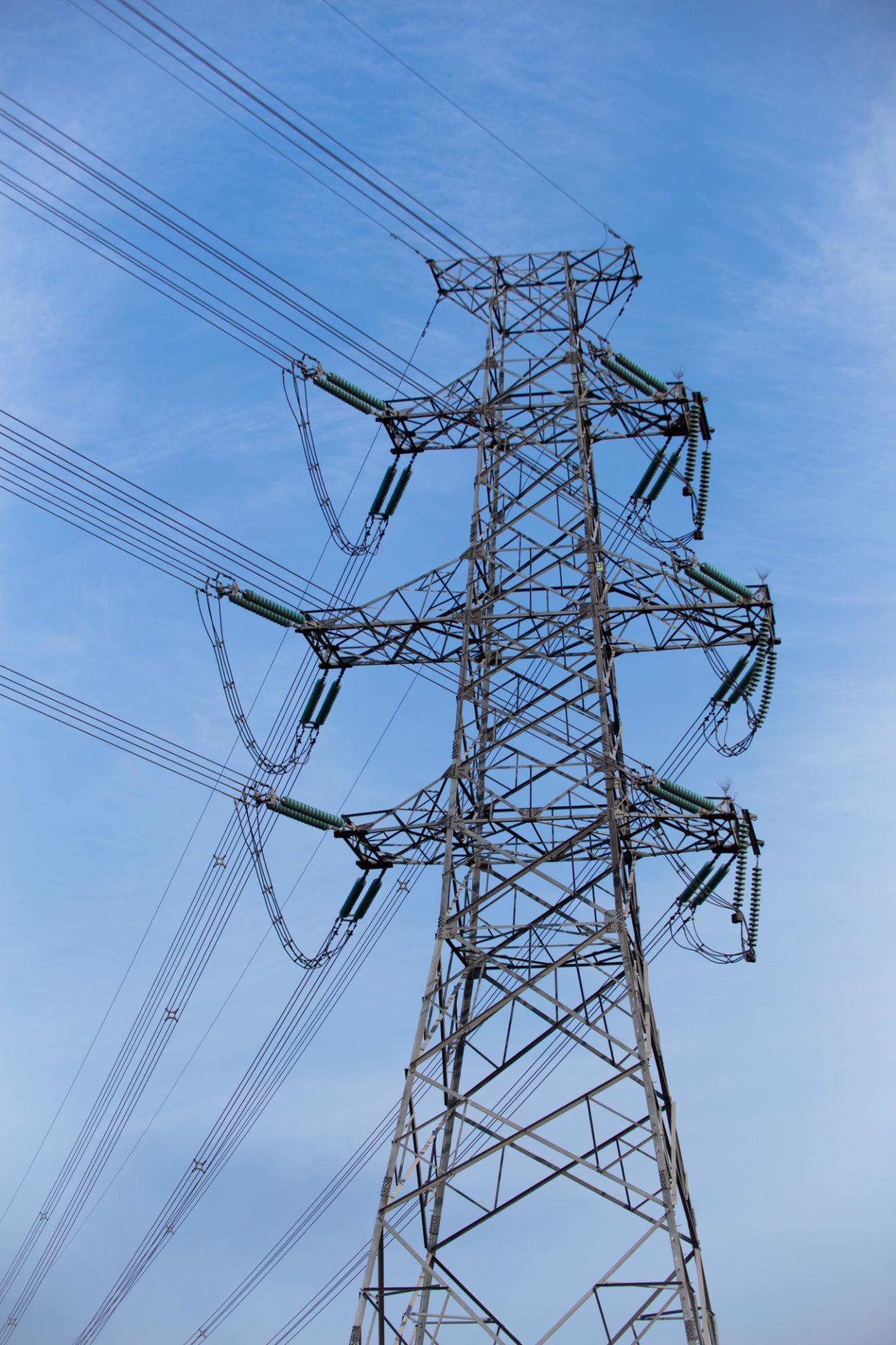How Smart Grid and AI Technologies are Revolutionizing Energy Use in Japan
Introduction to Smart Grids and AI Technologies
In recent years, Japan has emerged as a leader in the integration of smart grid and AI technologies to address its energy challenges. The country's commitment to innovation and sustainability is driving transformative changes in how energy is produced, distributed, and consumed. With a focus on efficiency and resilience, these technologies are set to revolutionize energy use across Japan.
The smart grid concept involves the modernization of traditional electricity grids by incorporating digital technology. This allows for real-time monitoring and management of energy flow, enhancing the reliability and efficiency of electricity delivery. Meanwhile, AI technologies are being leveraged to optimize these systems further, creating a more responsive and adaptive energy infrastructure.

Enhancing Energy Efficiency
One of the primary benefits of smart grids and AI technologies is their ability to enhance energy efficiency. By utilizing advanced sensors and monitoring systems, smart grids can detect inefficiencies within the energy distribution network. This data-driven approach allows for swift identification and resolution of issues, minimizing energy waste and improving overall performance.
AI algorithms play a crucial role in this process by analyzing vast amounts of data to predict demand patterns and optimize energy distribution. This ensures that electricity is delivered where and when it is needed most, reducing the strain on the grid and lowering operational costs for providers.

Renewable Energy Integration
Japan's ambitious goals for renewable energy adoption are greatly supported by smart grid and AI technologies. The ability to seamlessly integrate renewable sources like solar and wind into the national grid is crucial for achieving sustainability targets. Smart grids manage fluctuations in energy production from these sources, ensuring a stable supply of electricity.
AI models further enhance this integration by predicting weather patterns and adjusting energy distribution accordingly. This dynamic approach allows for maximum utilization of renewable resources, minimizing reliance on fossil fuels and reducing carbon emissions.
Improving Grid Resilience
Japan is no stranger to natural disasters, which makes grid resilience a top priority. Smart grids are designed to withstand such events by providing real-time data on grid conditions and enabling quick responses to disruptions. This capability ensures that power outages are minimized and recovery times shortened.

AI technologies contribute to resilience by utilizing machine learning models that predict potential threats to the grid, such as equipment failures or cybersecurity risks. By proactively addressing these issues, energy providers can safeguard the grid against unforeseen challenges.
Empowering Consumers
Smart grid and AI technologies also empower consumers by giving them greater control over their energy usage. With access to detailed consumption data through smart meters, individuals can make informed decisions about their energy habits. This transparency encourages more sustainable practices and can lead to cost savings on utility bills.
Moreover, AI-driven platforms offer personalized recommendations for energy efficiency based on consumer behavior. This tailored approach not only enhances user experience but also contributes to broader environmental goals.

The Future of Energy in Japan
As Japan continues to innovate in the field of smart grids and AI technologies, the country's energy landscape is poised for significant transformation. The integration of these technologies promises to create a more sustainable, efficient, and resilient energy system that benefits both providers and consumers.
The successful implementation of smart grid solutions in Japan serves as an inspiring model for other nations seeking to modernize their energy infrastructure. By embracing these advancements, countries around the world can work towards a greener future with smarter energy management.
